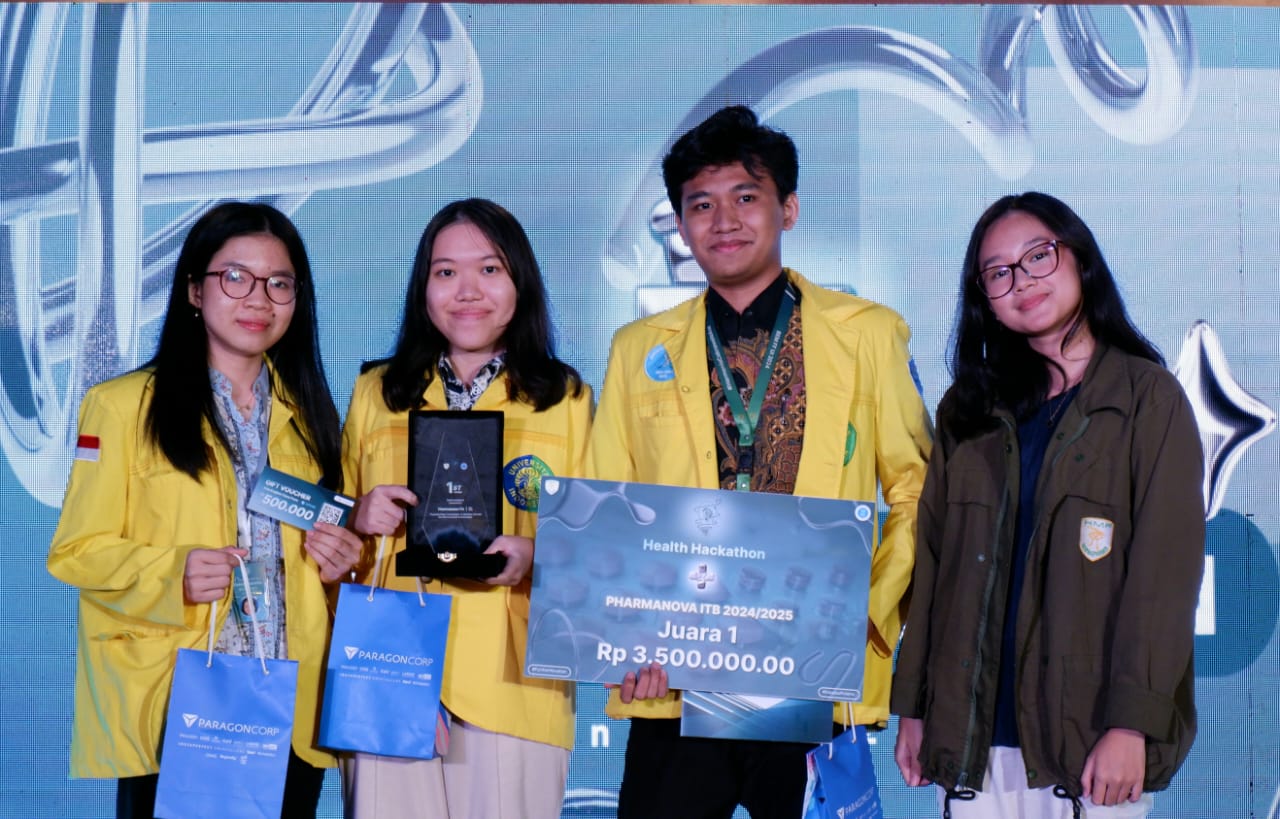
Dr. dr. DIAN KUSUMA DEWI M. Gizi, Sp. KKLP., NUTRITION EXPERT FROM FKUI: ADOLESCENT WITH OBESITY SHOULD PAY ATTENTION TO THE KIND, AMOUNT, AND SCHEDULE OF MEALS
The pandemic, studying from home, and the temptation to order food online, have made nowadays generation tend to be lazy but diligent in snacking. As a result, it is often seen that people are overweight. According to Dr. dr. Dian Kusuma Dewi M.Gizi, Sp.KKLP., who is a lecturer at the Department of Community Medicine, Faculty of Medicine, Universitas Indonesia (FKUI), obesity is when a person experiences an imbalance between calories in and calories out. When an imbalance occurs and eventually accumulates, a person can experience excess weight which eventually leads to obesity.
“Actually, it is not like someone will be immediately obese. In the process, it will start with being overweight. Overweight that is not handled properly can climb to the category of obesity class 1. Obesity class 1 that has not been treated too can lead the person can into obesity class 2,” said dr. Diane. She added that obesity can be experienced by someone of any age. Obesity is also a degenerative disease that is now mostly targeting children and adolescents.
According to dr. Dian, who is also an official of the Indonesian Medical Nutrition Society (IMNS), eating a lot is not always the cause of someone experiencing obesity. In fact, in some cases, it is found that the intake of food that enters one’s body is less than what he needed. Yet, the type of food chosen and the improper eating schedule are often the causes. In addition, unbalanced sleep patterns can also contribute to some cases of obesity.
Lack of sleep or rest will affect hormonal imbalances, and this is experienced by many adolescents. At that phase, adolescents are in an unstable emotional state and are entering the period of identity formation toward adulthood. If they have been given the wrong patterns of nurturing and caring by their parents, they will more likely experience weight gain.
Not to mention, added dr. Dian, the current technological advances are also enough to lead someone to experience obesity, starting from how easy it is to order food through an application to carrying out activities without having to meet face to face, which also reduces physical activity. Even during the Covid-19 pandemic, people’s activities and mobility were restricted, so most of them were done at home.
“While in the past we used to be more active, now we become less active. In fact, physical activity should be consistently done to expend excess calories. Someone who used to run in the morning, played basketball, or did other sports became afraid to do it at the beginning of the pandemic since the government had imposed regulations that limited people’s activities. If the person has strong motivation, he is able to do it himself at home. However, more people don’t. Hence, the phenomenon of weight gain during the pandemic happened a lot,” said dr. Dian.
In addition to experiencing an increase in body weight, obesity will have an impact on the human body from head to toe, such as diabetes, heart disease, lung disease, liver disease, and various other health problems. On the other hand, obesity in adolescents can also cause depression due to the shame they experience. Some even get bullied because of their bodies. When they are depressed, they will experience a decrease in self-confidence and feel powerless to do something which will lead to a decline in academic achievement.

Based on these conditions, in her doctoral dissertation, dr. Dian made a program called From Fat to Fit with SMART Program. This program is a weight loss program aimed at increasing self-empowerment in students that are intervened with the coaching method. The program is implemented for UI students who have obesity and are undergoing medical examinations for freshmen at MAKARA UI Satellite Clinic. In its implementation, this program does not only focus on losing weight but also implements healthy habit behaviors so that students are able to become human beings who are more empowered towards individuals, families, and their communities.
Activities in this program include measuring anthropometric status and body composition, filling out questionnaires at the beginning of the program, educative counseling, and measuring anthropometric status and body composition for the second time as well as filling out questionnaires at the end of the program. In the intervention group, the coaching method is added for six sessions per two weeks by health coaches who had received previous training. The initial and final measurements are three months apart.
“From the results of the coaching sessions, it is found that the weight loss is not significant, but the reduction in fat mass seems significant. A very good thing in a weight loss program is that fat mass should decrease first, then there will be an increase in muscle mass. After that, body weight will also decline eventually,” said dr. Dian, who is also a member of the Association of Indonesian Family Physicians (PDKI).



